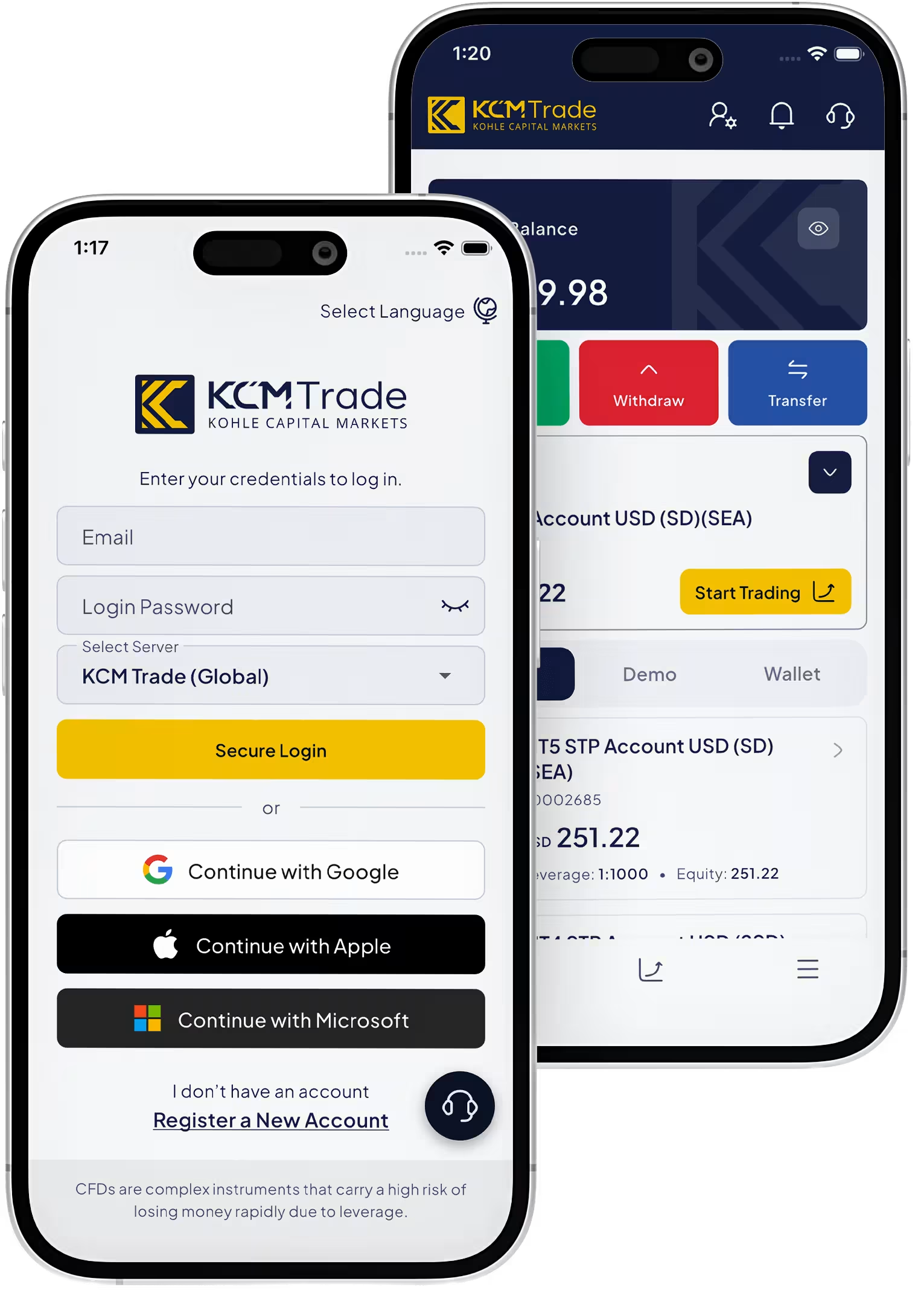Slippage is a term that describes when an order is opened at a different price to the requested price, i.e the order experienced slippage because the bid/ask price changed between the time the market order was requested and when the order was executed on the exchange.
When does slippage happen?
It is most common when the market is volatile, as prices change rapidly from moment to moment. Slippage can happen for many reasons, including poor latency on trading servers and high importance market events. Slippage is possible when executing market and pending orders on all account types.
Is slippage a bad thing?
It is best to avoid slippage for a more stable trading experience, but it is not necessarily a negative event as the price difference can be both favorable or unfavorable for the trader. One can categorize the executed price of an order as positive slippage, negative slippage, or no slippage.
Positive slippage: the ask is lower when buying or the bid is higher when selling.
Negative slippage: the ask is higher when buying or the bid is lower when selling.
The best way to manage slippage is avoid carrying over the weekend and not to trade with the news.









